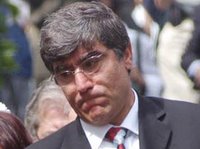 (19.09.2006; Yerevan)
(19.09.2006; Yerevan)While in Yerevan for the 3rd Armenia-Diaspora Conference, Hrant Dink, editor of the Istanbul-based
Agos weekly, said that there are visible changes in the way Turkish society is addressing the "taboo issue" of the 1915 Armenian Genocide. He noted that despite the continuing persecution of those who publicly raise the issue, "many Turks are now talking about the Armenian Genocide, while those that do not are interested in learning more."
Dink has had his fair share of trouble with the Turkish judicial system. He had been accused of "insulting Turkishness", but was given a six month suspended sentence for that charge in December 2005. But now he faces two new court cases. In the first, Dink and three other
Agos journalists face up to three years imprisonment under Article 288, according to which he is accused of "trying to influence the course of justice". (They had written an article criticizing the six month suspended sentence). In the second case, the Istanbul public prosecutor opened a new investigation against Dink for remarks he made to the Reuters news agency on July 14, 2006, in which he used the term "genocide" to describe the mass killings of Armenians in 1915. If convicted on this new charge, Dink faces up to three years in jail as well. Dink has said he will take his case to the European Court of Human Rights as a last resort.
While in Armenia, Mr. Dink also reflected on the methods being used to pressure Turkey to formally recognize the Armenian Genocide. He said, "The Turkish state may one day recognize the genocide under pressure from various countries. This is possible. But is this the right solution? I don't think so."
He elaborated on this view by commenting that, "Armenia and its influential diaspora should educate ordinary Turks instead of seeking Western pressure on Ankara. This only gives more ammunition to Turkish nationalists." Dink concluded by stating, 'the best way to get Turkey to address this issue is to help it become a more democratic state'.
For more information on Hrant Dink's legal trials and tribulations...International Freedom of Expression Exchange: http://www.ifex.org/fr/content/search?SectionID=4&SearchText=hrant+dink&SubTreeArray=-1
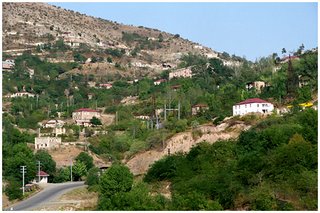
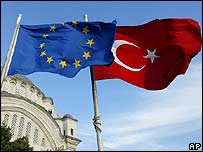
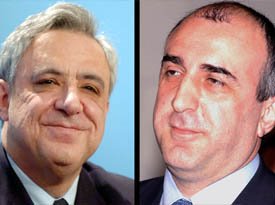

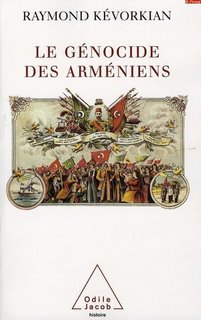
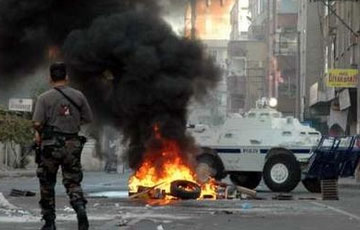
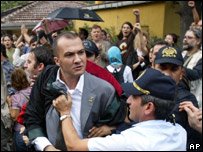
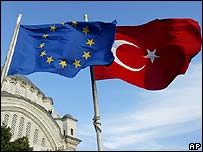


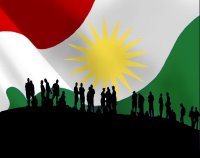
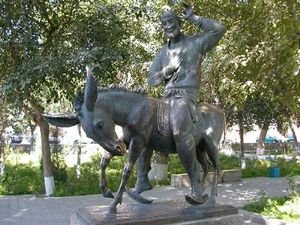

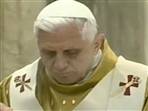
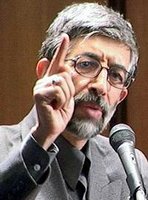
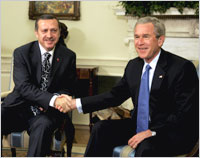

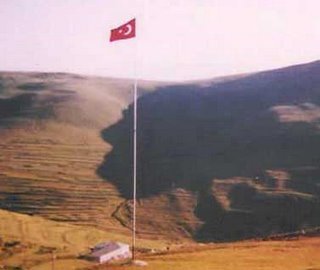

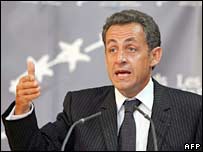


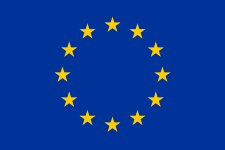
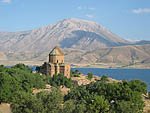


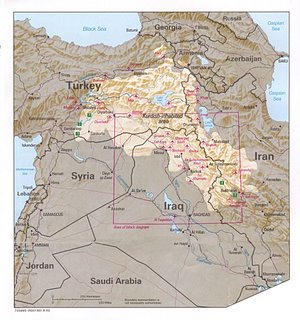

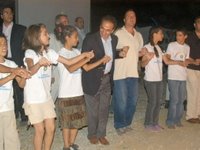
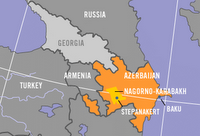
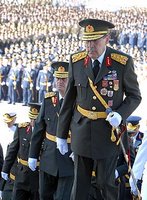
.1.jpg)
